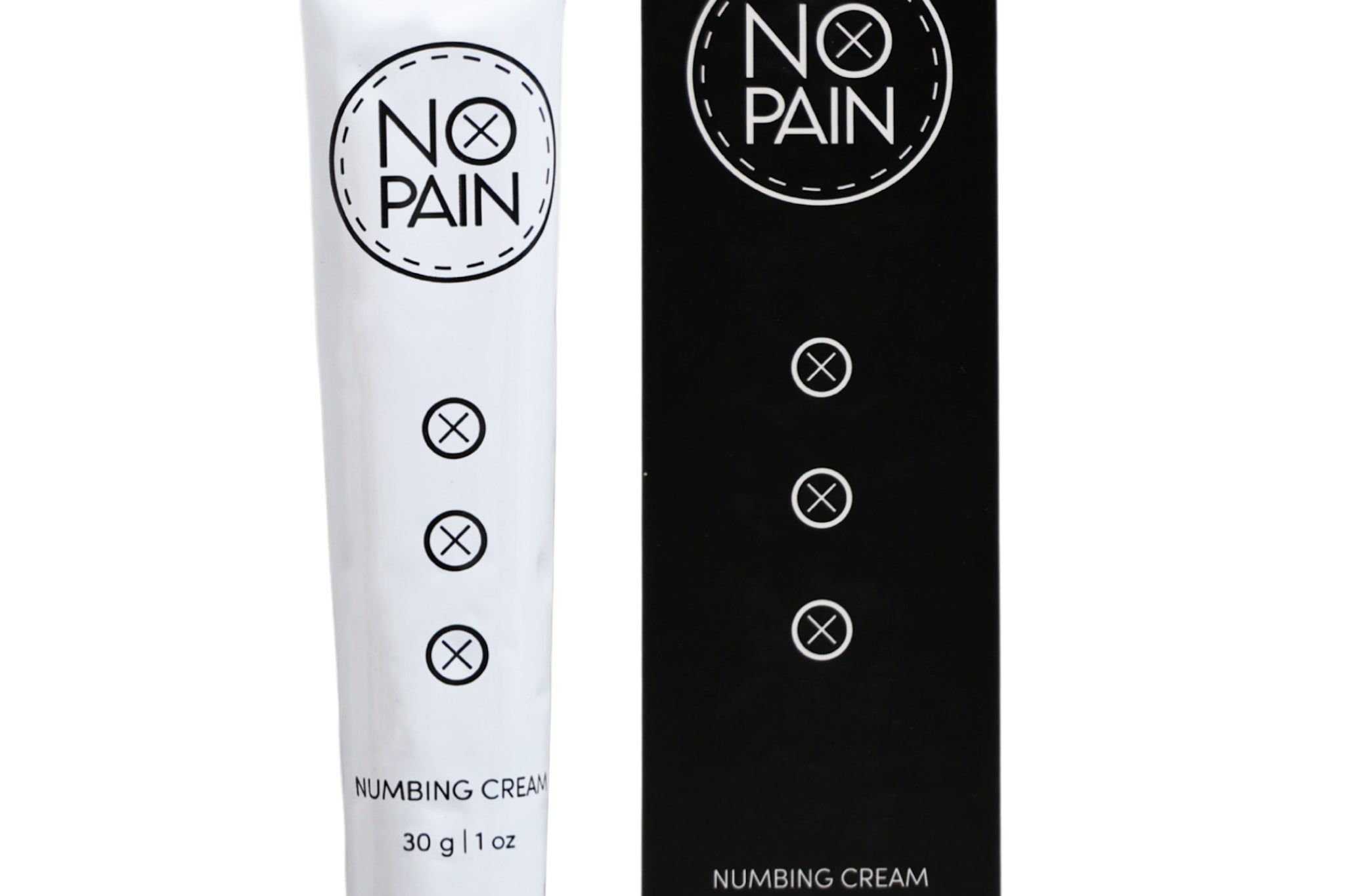You're in the chair, watching your artist prepare their station. You see them pouring vibrant colors into small caps, and a question might cross your mind: Does tattoo ink expire? It's a crucial question that touches on the safety, quality, and longevity of your permanent art.
The answer is a tale of two different scenarios: the ink in the bottle, and the ink in your skin. Understanding both is key to ensuring you get a safe and beautiful tattoo that lasts a lifetime.
Part 1: The Ink in the Bottle - Sterility and Expiration Dates
Yes, a sealed bottle of professional tattoo ink absolutely has an expiration date. This date is not just about the color quality; it's a critical safety measure.
-
The Primary Concern is Sterility: Reputable ink manufacturers produce their inks in a sterile environment and seal them in airtight bottles. The expiration date is the manufacturer's guarantee that the ink will remain sterile and safe for use up to that point. Using ink past this date carries a significant risk of bacterial contamination, which could lead to a serious infection.
-
Pigment Quality: Over a very long time, the pigments in the ink can begin to break down or separate from the carrier solution. This can affect the consistency and color vibrancy of the ink.
How does this affect you? A professional, reputable tattoo artist will never use expired ink. They are meticulous about the safety and quality of their materials. An artist's willingness to show you the sealed, in-date bottles they are using is a clear sign of their professionalism. This is a key part of how to tell if a tattoo artist is good—they care about their tools.
Part 2: The Ink in Your Skin - Fading vs. Expiring
Once the ink is in your skin, it does not "expire." The permanent pigments are locked into your dermis. However, the ink absolutely ages, and its appearance can change dramatically over the years.
When you see an old tattoo that looks faded, the ink hasn't expired; it has been physically broken down and removed by your body.
-
The #1 Cause is Sun Exposure: This is the primary reason how tattoos age poorly. UV rays penetrate the skin and shatter the ink particles, which your body then flushes away.
-
A Poor Heal: If your tattoo scabbed heavily during the initial tattoo healing stages, ink was likely pulled out. This is a permanent loss of pigment.
What is in tattoo ink that makes it last? High-quality inks are made with stable pigments, but no pigment is invincible against the sun and time.
How to Keep Your Ink From "Expiring" on Your Skin
You can't stop time, but you have a massive amount of control over how your tattoos look in 10, 20, or 30 years. How to keep tattoos from fading comes down to a simple, two-part strategy.
-
A Flawless Initial Heal: The first month of your tattoo's life is when you lock in the maximum amount of ink. A perfect heal is your best defense against initial fading. Our No Pain Tattoo Aftercare Bundle provides the complete system to ensure a smooth, scab-free heal. The No Pain Tattoo Cleansing Foam prevents infection, and the No Pain Tattoo Aftercare Balm provides the breathable moisture needed to lock in the ink.
-
A Lifetime of Protection: Once healed, your two best friends are sunscreen and moisturizer. Sunscreen protects the ink from UV damage, and daily moisturizing keeps the skin healthy, which makes the ink appear more vibrant.
The Verdict: The ink in the bottle expires to guarantee sterility. The ink in your skin doesn't expire, but it can fade. By choosing a professional artist who uses high-quality, fresh ink and committing to a lifetime of proper care, you can ensure your art remains bold and beautiful for decades to come.

